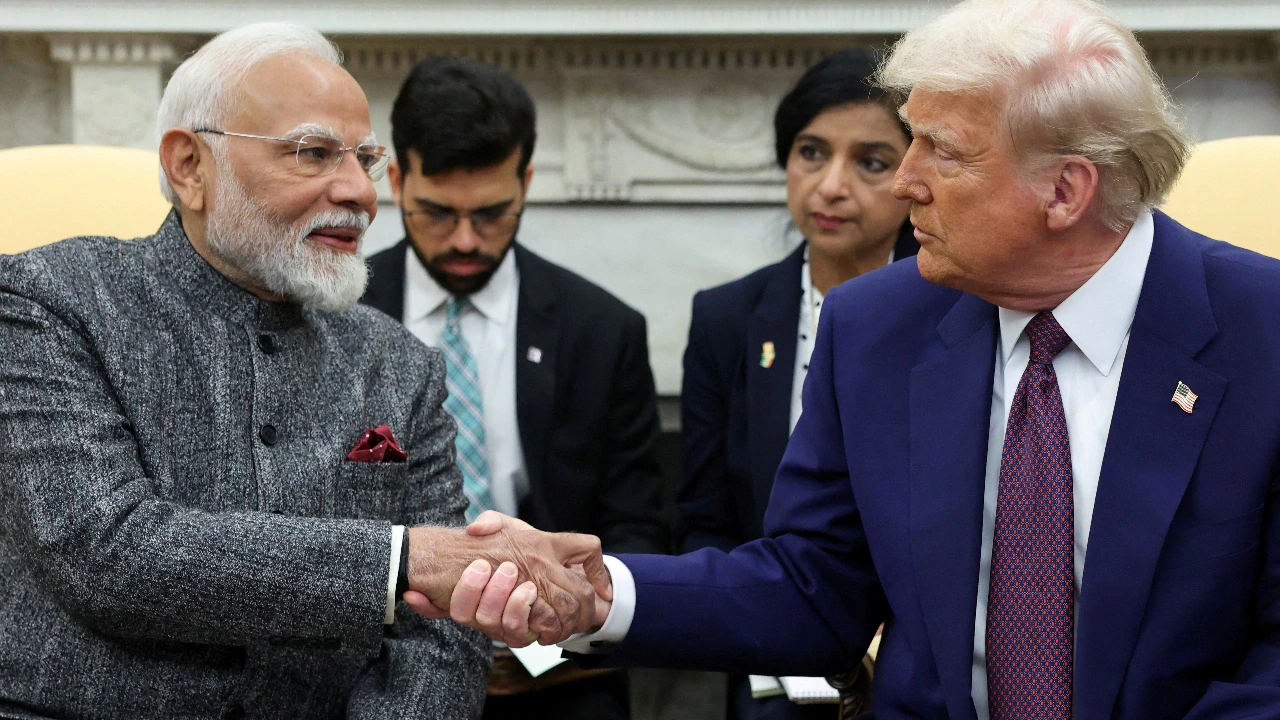
The landscape of vaccine development and deployment has recently faced a significant upheaval, as the US Health Department announced the suspension of several mRNA COVID-19 and flu vaccine projects. This unexpected move has stirred debates across scientific, political, and public communities, prompting questions about the actual efficacy of these groundbreaking vaccines and the future roadmap of vaccination strategies in the United States.
The Decision to Halt mRNA Vaccine Projects
Background and Context
Since the advent of mRNA technology, the United States has invested heavily in developing mRNA-based vaccines, initially marketed as promising tools for combating COVID-19 and seasonal influenza. These innovative vaccines, leveraging genetic engineering, aimed to provide faster and more adaptable responses to emerging viruses. However, recent evaluations from health authorities suggest that these vaccines have not lived up to their initial promise in providing the expected levels of protection against COVID-19 and influenza.
Details of the Halted Projects
The US Health Department has officially announced the cessation of ongoing mRNA vaccine projects, citing “ineffectiveness in preventing COVID-19 and flu infections”. This decision reflects mounting concern within health agencies that these vaccines may not provide the intended immunity or could have limited long-term benefits.
Reasons Behind the Cessation
Evidence of Limited Efficacy
- Recent studies and clinical data indicate that the mRNA vaccines have shown diminishing effectiveness over time, particularly against emerging variants of COVID-19. They tend to reduce severe illness but do not necessarily prevent infection or transmission significantly.
- Flu vaccine challenges have been notably persistent, with traditional flu vaccines already facing efficacy issues annually. Incorporating mRNA technology hasn’t significantly improved their performance, leading to questions about the added value of these high-cost projects.
Safety Concerns and Public Perception
While initial reports highlighted minimal adverse effects, some recent data and reports have raised concerns about potential side effects, including myocarditis and other complications. These safety issues, combined with limited efficacy, have contributed to the decision to halt further investments.
Implications for Public Health Policy
Re-evaluation of Vaccine Development Strategies
The suspension is a clear signal that reliance on mRNA technology for flu and COVID-19 vaccines may need reconsideration. Public health officials are now exploring alternative approaches, including traditional vaccine platforms, antiviral drugs, and non-pharmacological interventions.
Impact on Future Vaccination Campaigns
This development is likely to influence vaccination policies nationwide, emphasizing the need for more effective, safe, and reliable immunization methods. It also raises questions about the speed of deploying novel technologies without sufficient long-term efficacy data.
Scientific and Industry Reactions
Expert Opinions
Many scientists and industry leaders have expressed cautious perspectives. Some argue that mRNA technology still holds tremendous potential, but current formulations require improvements in stability, delivery, and immune response elicitation.
Pharmaceutical Industry’s Response
- Major pharmaceutical companies involved in mRNA production are likely to revisit their research and development strategies.
- Investment in alternative vaccine platforms such as protein subunits, vector-based vaccines, and novel adjuvants may accelerate.
What Does the Future Hold?
Emerging Alternatives and Innovations
The halt doesn’t spell the end of mRNA technology altogether but highlights the need for further innovation. Future efforts might focus on optimizing delivery systems, enhancing immune responses, and tailoring vaccines for specific populations.
Broader Implications for Global Health
The US decision could influence other countries’ vaccine policies, especially in regions where reliance on mRNA technology has been growing. It underscores the importance of rigorous efficacy and safety evaluation before widespread deployment.
Summary and Conclusion
The recent halting of mRNA COVID-19 and flu vaccine projects by the US Health Department signifies a pivotal moment in modern medicine and public health. While these vaccines represented a leap forward technologically, their real-world performance currently falls short of expectations, prompting a reassessment of funding and strategic priorities. This development advocates for cautious optimism, emphasizing the importance of evidence-based medicine in safeguarding public health.
As research continues, it’s vital for governments, researchers, and industries to collaborate on developing more effective, safe, and adaptable vaccination solutions. The goal remains clear: to protect populations from infectious diseases in the most efficient way possible.
Final Note
For more updated news please keep visiting Prime News World.








